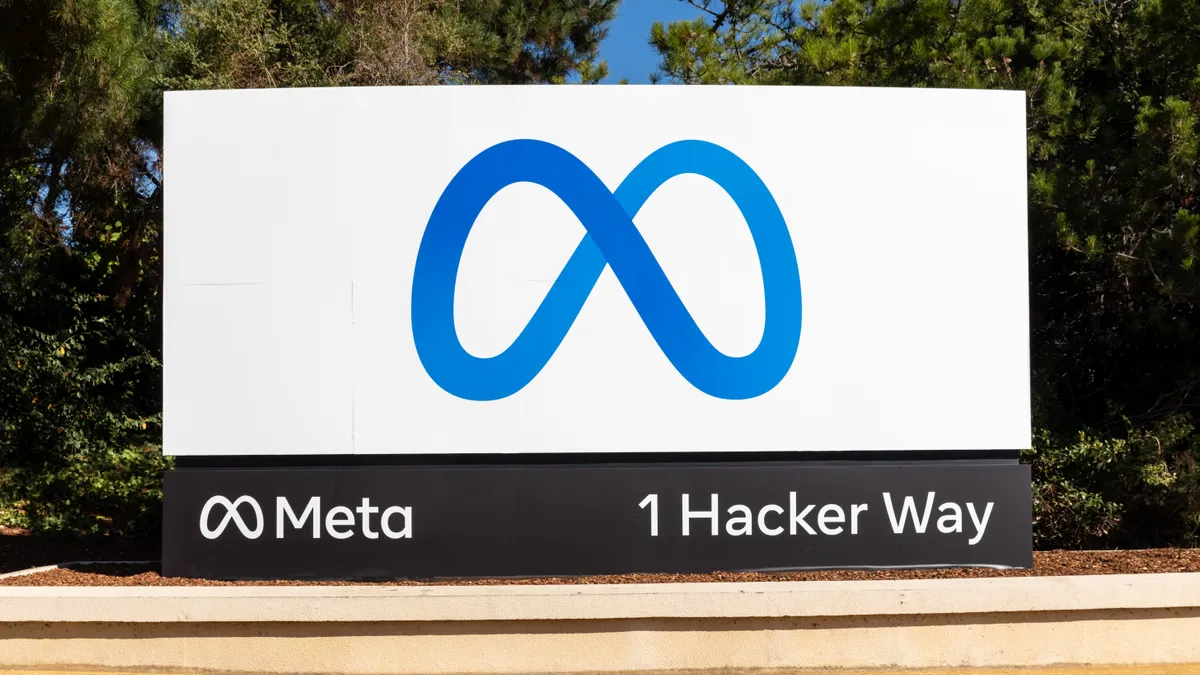Dive Brief:
- Social media giant Meta pushed back against rival Apple on Thursday, as part of a dispute over certain advertising purchases made in the iOS apps for its social networks Facebook and Instagram.
- In an announcement on its website, Meta said that starting later this month it will pass along Apple’s 30% service charge to advertisers who pay to boost the visibility of their posts on its social networks. To avoid the additional charge, the company encouraged advertisers to bypass Apple’s in-app purchase fees by logging into Facebook and Instagram through their mobile or desktop websites.
- “We are required to either comply with Apple’s guidelines, or remove boosted posts from our apps,” Meta said in the announcement. “We do not want to remove the ability to boost posts.”
Dive Insight:
The changes to Menlo Park, California-based Meta’s pricing come after Apple updated its mobile app store guidelines in Oct. 2022. Cupertino, California-based Apple gave Meta over a year to comply with the rule change, according to a recent report from The Wall Street Journal.
“We have always required that purchases of digital goods and services within apps must use In-App Purchase,” Apple spokesperson Adam Dema said in an emailed statement. “Boosting, which allows an individual or organization to pay to increase the reach of a post or profile, is a digital service — so of course In-App Purchase is required.”
Meta did not immediately respond to questions about how it chose to handle the increased costs for boosted posts.
The fact that a company as large as Meta is forced to offer workarounds to its own advertisers, “shows the power Apple has to unilaterally impose conditions on everyone,” Consumer Reports Senior Researcher Sumit Sharma said in a Thursday interview. Consumer Reports is a non-profit consumer research organization.
Meta’s push against Apple’s in-app purchase fees comes just a couple of weeks after the Facebook parent company’s CEO Mark Zuckerberg said a plan by Apple to comply with EU regulations promoting more competition would make little difference to his approach.
Despite Meta’s policy changes and public comments, Sharma does not expect this will force Apple to change. He noted that Meta is following the example of others such as streaming platform Spotify and tech giant Amazon’s Kindle e-reader. Neither allow in-app purchases through Apple.
The difference for Meta, in Sharma’s view, is that it could absorb the cost of Apple’s 30% fee, but has chosen not to, instead potentially passing it on to customers.
“Even if they gave Apple 30% they could still make a profit, but they decided not to do that,” Sharma said.











